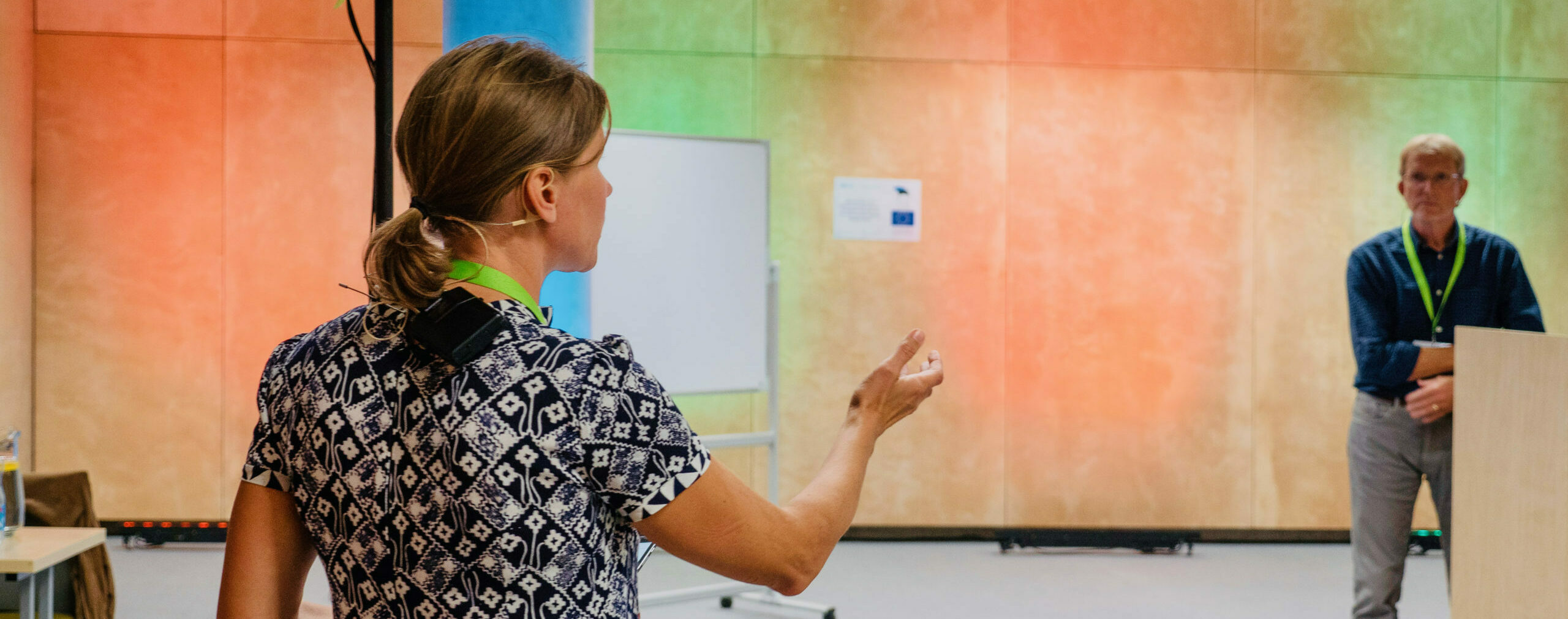-
Academic visibility is important these days, for untenured early career scholars especially. Yet, activities such as presenting and conferences and publishing articles are at times difficult to reconcile with finishing a dissertation.
ESEH NEXTGATe recognizes this predicament and wants to create a central platform for PhD candidates in the field of environmental history to inform the larger research community about their work and their research interest: an ESEH dissertation database, linked to and accessible through the ESEH website.
Here you can access the current database and have a look at the dissertation abstracts already submitted. We, therefore, encourage all PhD candidates and new-fledged doctors who started or defend their dissertations during the last five years (2017–2022), to send to nextgate.diss@gmail.com using “dissertation abstract” as the subject line the following documents:
– a 350-word abstract (in English) of their dissertation project including the title, main research questions and, if available, the main findings;
– the language of the dissertation;
– the names of their supervisors*;
– 5 related keywords (tags)*;
– place and institute of research*.
– defence date (if applicable)
– URL to full text (if applicable).
Besides the increased visibility, the dissertation database will facilitate cooperation among early-career scholars and will encourage more senior scholars in the environmental humanities to co-publish or co-organize events with some of their younger colleagues. We, therefore, ask all supervisors and other senior scholars to spread the word and to support PhD candidates in submitting a summary of their research.
We welcome not only dissertations that are written strictly within environmental history but also interdisciplinary dissertation projects that examine aspects of environmental, technological, economic, political, and cultural history. Even though European scholars are our main audience, the database is open to all environmental humanities scholars. With a broad, international scope, we hope to strengthen the links between European, Asian, African, Latin and North American and other scholars.
For further information, feel free to contact the dissertation database coordinators:
- Monique Palma (NOVA University of Lisbon, Portugal) at mpmoniquepalma@gmail.com
- Sevgi Mutlu Sirakova (Rachel Carson Center, Munich) at ucfamut@alumni.ucl.ac.uk
- Noémi Ujházy (Geographical Institute, Research Centre for Astronomy and Earth Sciences, Budapest) at unoemi@gmail.com
We are looking forward to your submissions!
ESEH NEXTGATers
Noémi Ujházy, Monique Palma, Sevgi Mutulu Sirakova, Goran Đurđević, Elizabeth Hameeteman, Tanja Riekkinen, Monica Vasile*Only submissions that adhere to the word limit and include these three pieces of information can be included in the database.
Latest news
- Call for Papers: Third Baltic Conference on the Environmental Humanities and Social Sciences (BALTEHUMS III)
- Call for Conference Papers Between the Local and the Global: Unpacking Environmental History of Ukraine Centre for Advanced Study, Sofia, Bulgaria, 25-26 September 2024
- CfP: Cultures of Automobility, University of Konstanz (Germany), 10-12 October 2024
- Job Opportunities: ERC Starting Grant project WHEP
- Postdoctoral fellowship in Environmental History, ERC StG 2023 project INWOOD
